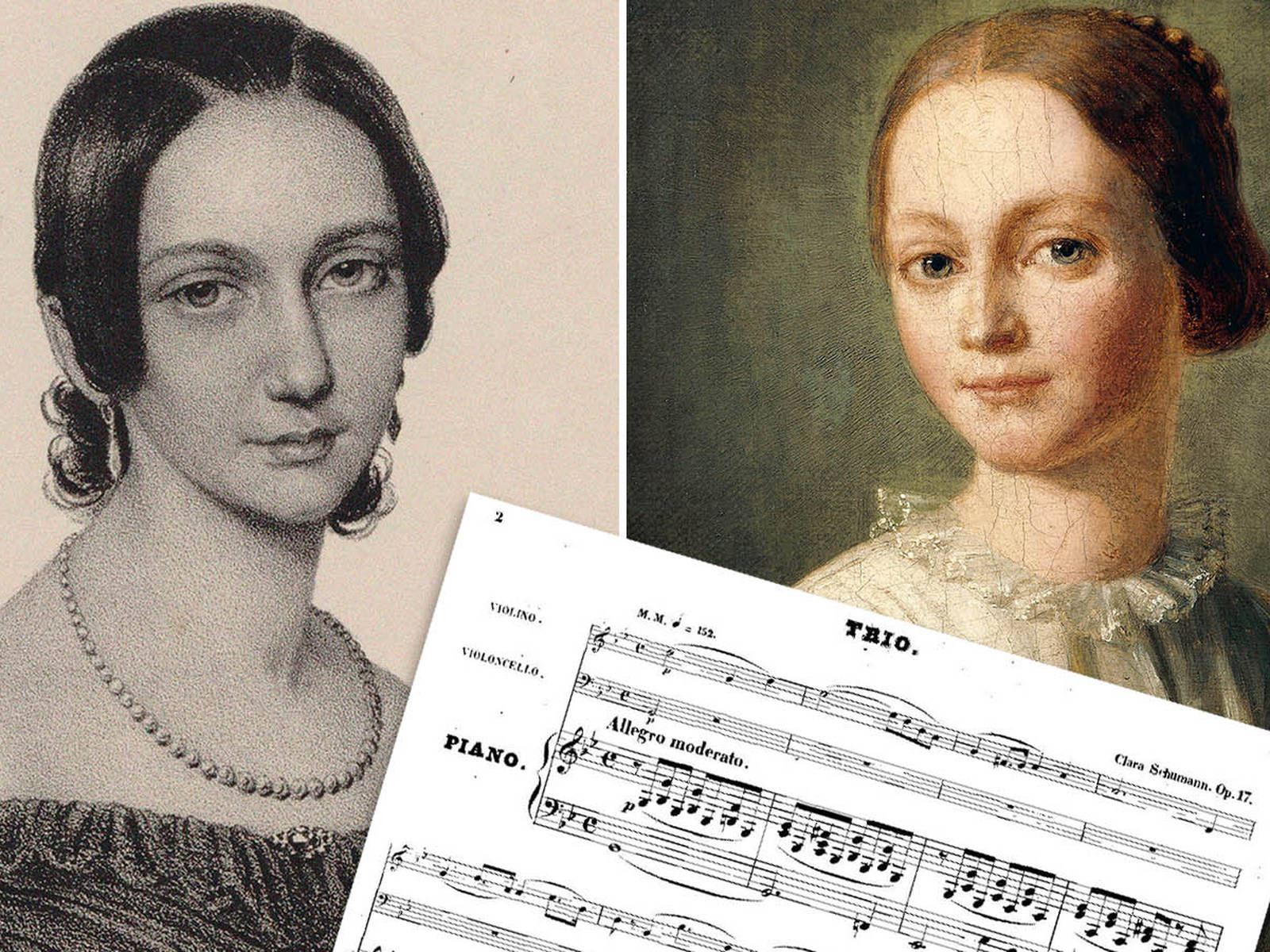Clara Schumann was one of the most influential and celebrated pianists of the 19th century. She was also a composer, teacher, and wife of the famous composer Robert Schumann. In this blog post, we will explore her life and achievements, and how she overcame the challenges and prejudices of her time.
Clara Schumann was born in Leipzig, Germany, on September 13, 1819. She was the daughter of Friedrich Wieck, a well-known piano teacher and music dealer, and Marianne Tromlitz, a singer. Clara showed exceptional musical talent from an early age, and her father devoted himself to her education and career. She started composing at the age of seven, and gave her first public performance at the age of nine.
Clara soon became a sensation in the musical world, attracting praise from critics and audiences alike. She toured extensively throughout Europe, playing in prestigious venues and meeting famous composers such as Chopin, Mendelssohn, Liszt, and Brahms. She was admired for her virtuosity, expression, and interpretation of classical and romantic repertoire.
Clara’s life changed dramatically when she fell in love with Robert Schumann, one of her father’s students. Robert was nine years older than Clara, and had a history of mental illness and financial instability. Friedrich Wieck strongly opposed their relationship, fearing that it would ruin Clara’s career and reputation. He tried to prevent their marriage by legal means, but after a long and bitter court battle, Clara and Robert were finally allowed to wed in 1840.
Clara and Robert had a happy but turbulent marriage. They had eight children, but also suffered from poverty, illness, and Robert’s worsening mental condition. Clara supported Robert’s creative work as his muse, editor, and promoter, while also continuing her own composing and performing activities. She often had to balance her domestic duties with her artistic ambitions, which caused her stress and guilt.
In 1854, Robert attempted suicide by throwing himself into the Rhine river. He was rescued by some fishermen, but was committed to an asylum for the rest of his life. Clara was not allowed to see him until two days before his death in 1856. She was devastated by his loss, but also felt a sense of relief and freedom.
Clara devoted the rest of her life to preserving Robert’s legacy and promoting his music. She also resumed her concert career with renewed vigor and success. She became a respected teacher at the Hoch Conservatory in Frankfurt, where she trained many prominent pianists. She also continued to compose until 1856, when she stopped due to lack of confidence and inspiration.
Clara Schumann died in Frankfurt on May 20, 1896, at the age of 76. She was buried next to Robert in Bonn. She left behind a remarkable body of work that includes piano concertos, sonatas, songs, chamber music, and choral pieces. She also influenced generations of musicians with her style, technique, and dedication. She is widely regarded as one of the greatest female musicians of all time.


Comments are closed